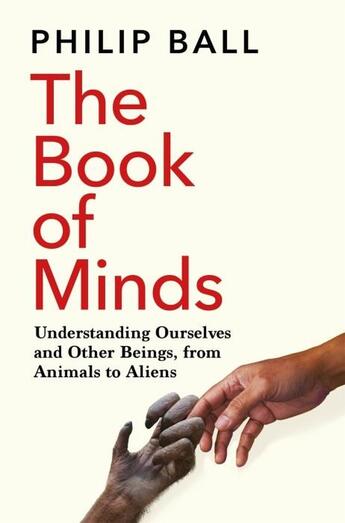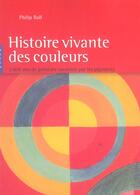-
Date de parution : 22/06/2023
-
Editeur :
Picador Uk
-
EAN : 9781529069167
-
Série :
(-)
-
Support :
Poche
-
Nombre de pages : 512
-
Collection :
(-)
-
Genre :
Santé
-
Thème :
Santé
-
Prix littéraire(s) :
(-)
Résumé:
Understanding the human mind and how it relates to the world of experience has challenged philosophers for centuries. How do we even begin to think about ''minds'' that are not human? That is the question explored in this ground-breaking book. Philip Ball argues that in order to understand our... Voir plus
Understanding the human mind and how it relates to the world of experience has challenged philosophers for centuries. How do we even begin to think about ''minds'' that are not human? That is the question explored in this ground-breaking book. Philip Ball argues that in order to understand our own minds and imagine those of others, we need to move on from considering the human mind as a standard against which all others should be measured.
Science has begun to have something to say about the properties of mind; the more we learn about the minds of other creatures, from octopuses to chimpanzees, to imagine the potential minds of computers and alien intelligences, the more we can begin to see our own, and the more we can understand the diversity of the human mind, in the widest of contexts. By understanding how minds differ, we can also best understand our own.
Donner votre avis















